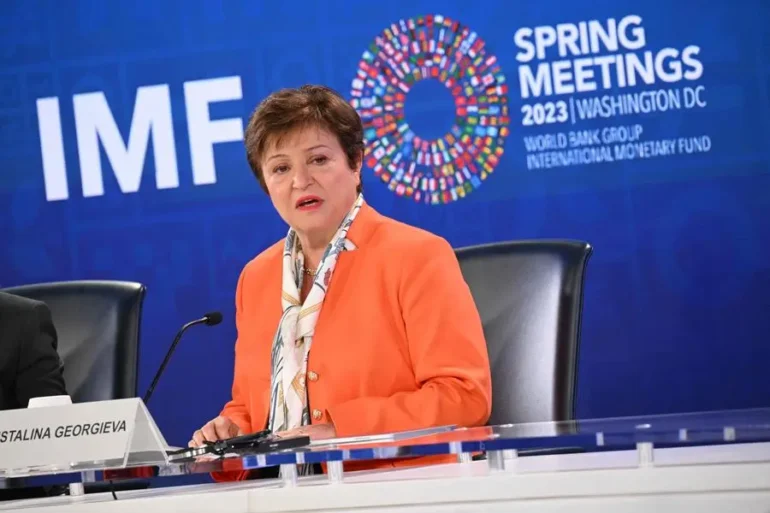The International Monetary Fund (IMF) has advised the Nigerian government to revise its 2025 budget assumptions in response to falling global oil prices and to expand cash transfer programmes aimed at protecting the most vulnerable citizens.
In its just-released Article IV Consultation, an annual assessment of member countries’ economic policies, the IMF noted that while Nigeria’s economy has shown modest growth, it remains too low on a per capita basis, with inflation still elevated. The Fund projects economic growth of 3.4% in 2025 and a slight dip to 3.2% in 2026.
The IMF warned that unless Nigeria adjusts to the new realities of global oil volatility, fiscal pressures could mount significantly in 2025. It urged the government to secure savings from the removal of fuel subsidies and prioritise spending on investments that support long-term growth.
“Ensuring that fuel subsidy savings accrue to the government would yield the proposed neutral stance, the full-year savings are estimated at 2% of GDP,” the report stated.
“If those savings are not realised by the second half of 2025, and with tax reforms unlikely to generate significant revenue in the near term, adjustment would need to come from the expenditure side, equivalent to 0.6% of GDP.”
The Fund recommended that any spending cuts should target recurrent expenditures rather than investment spending, to avoid undermining economic growth.
The IMF’s Mission Chief for Nigeria, Axel Schimmelpfennig, underscored the risks Nigeria faces from external shocks, especially oil price fluctuations.
“The international economic environment Nigeria operates in is marked by very high uncertainty, and in particular, oil price volatility impacts Nigeria directly—fiscally, externally, and through inflation,” Schimmelpfennig said.
He added that in such a challenging environment, it is crucial for Nigerian policymakers to build buffers, remain flexible, and respond swiftly to both risks and opportunities.
“The key challenge now is to tackle high poverty and food insecurity,” he added.
The IMF’s warnings come amid efforts by President Bola Tinubu’s administration to boost crude oil production and shore up revenues. On Tuesday, Minister of State for Petroleum Resources (Oil), Heineken Lokpobiri, conveyed a presidential directive to oil and gas operators, urging them to reactivate dormant oil fields.
Speaking at the 2025 Nigeria Oil and Gas Energy Week in Abuja, Lokpobiri said the government was determined to maximise oil output and would ensure only serious investors retained access to Nigeria’s hydrocarbon assets.
The Federal Government has set a production target of 2.1 million barrels per day and projected ₦84.67 trillion in crude oil revenue for 2025, based on an oil price benchmark of $75 per barrel.
However, current output lags significantly. In May 2025, crude oil and condensate production stood at 1.63 million barrels per day, a modest rise from 1.61 million bpd in April—well below the country’s target and its OPEC quota of 1.5 million bpd.
Nigeria’s persistent underperformance in oil production has been linked to pipeline vandalism, oil theft, and infrastructure shutdowns, all of which have disrupted supply and hindered exports.
Meanwhile, global crude oil prices have also dropped sharply, due in part to geopolitical tensions, including the ongoing conflict between Iran and Israel. Brent crude futures recently fell to just over $68 per barrel, well below the $75 benchmark used in Nigeria’s budget.
The Nigerian Upstream Petroleum Regulatory Commission (NUPRC) estimates the country’s crude oil reserves at 37.28 billion barrels as of January 1, 2025, including 31.44 billion barrels of crude and 5.84 billion barrels of condensate. Yet these reserves remain underutilised due to operational and security challenges.


